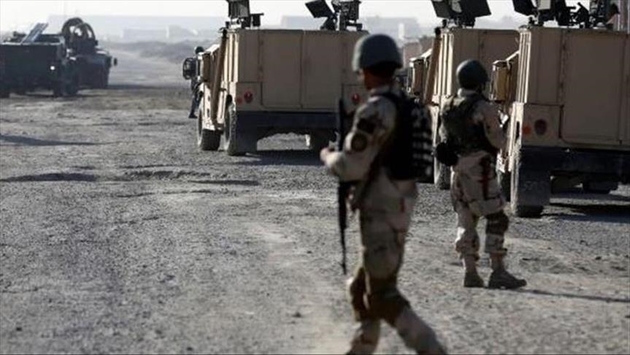As the Taliban closed in and the Kabul government’s imminent collapse seemed evident, US Secretary of State Antony Blinken stated on 15 August that this was “not Saigon”. As Anadolu Agency writes, Blinken was referring to the 1975 evacuation of American personnel from Saigon, the then-South Vietnamese capital, as the communist forces took control.
Footage from the Kabul airport following Blinken’s statement showed a flood of Afghans running on the tarmac, some trying to board a plane and others clinging to a US military aircraft as it took off. Forty-six years later, the iconic photograph of the American military helicopter about to take off from a rooftop in Saigon in 1975 is now compared to a photograph of an American helicopter flying in Kabul and the horrific scenes at the airport.
Many analysts have pointed to similarities between the American quagmires in South Vietnam and in Afghanistan. Vietnamization and Afghanization policies had failed. The corruption of the Kabul government was only matched by that of Saigon. Now the evacuation of American personnel from Kabul and the uncertain fate of local Afghans who worked for the Western forces indicate that this “is not Saigon”. In fact, it may be worse. The “Kabul moment” will become a new metaphor in US foreign policy literature.
What will this “Kabul moment” mean for US foreign policy?
First, the fiasco in Afghanistan will now rank as the worst failure in US foreign policy since Vietnam. President Joe Biden’s decision to end the American military presence in Afghanistan is a fulfillment of his pledge to end the “forever war”. His decision was in line with opinion polls indicating the American public’s support for such a move. However, the implementation of his decision is now roundly criticized as being too hasty and not allowing enough time for the evacuation of thousands of Afghans who worked with Americans, as well as for the Americans themselves. The failure to evacuate Afghan interpreters, consultants, and other local allies from Afghanistan before the Kabul government collapsed will almost certainly be remembered as a major failure that undermines American credibility.
Second, as was the case in the post-Vietnam era, support for US military interventions abroad will significantly decline. The wars in Afghanistan and Iraq have drained the public support for military interventions in faraway places where American vital interests are not clear. This is a message to small nations and states not to pin their hopes or base their strategies on American interventionism in the near future. After all, the Gulf War of 1991 was the major American military effort that finally put an end to the Vietnam syndrome. In other words, it took the US more than fifteen years to reassert its interventionist streak.
Third, it was twenty years ago, in the aftermath of the 9/11 terrorist attacks, that NATO invoked Article 5, which mandates collective self-defense, for the first time since its founding in 1949. The failure of the mission in Afghanistan inevitably affects NATO’s credibility as well. In fact, this is the first defeat suffered by the Alliance since its founding. The defeat came at the hands of a non-state actor. How Afghanistan features in NATO’s self-image, in its new strategic concepts, and in rival powers’ perception of the Alliance has yet to be seen in the years ahead.
America’s “forever war” in Afghanistan will be studied in the years ahead with Vietnam comparisons almost inevitable. If post-Vietnam America is any guide, a greater focus on domestic issues is to be expected from the US administrations. Military interventions abroad where American vital interests are not at stake are less likely in the immediate future. What needs to be done by the Biden Administration now is to enhance the credibility of NATO so that states from the Baltics to the Balkans can rely on the Alliance to safeguard their security.






